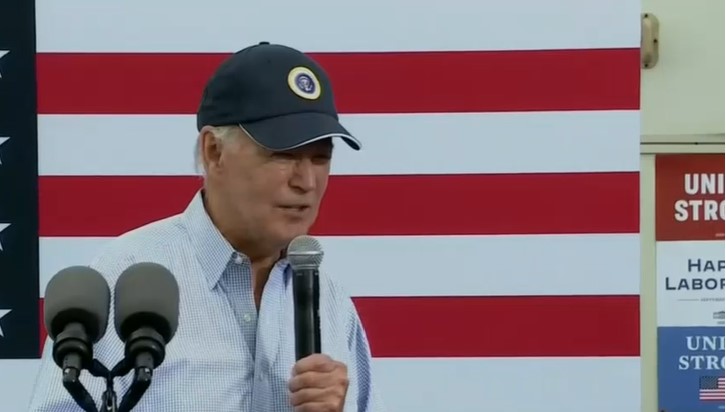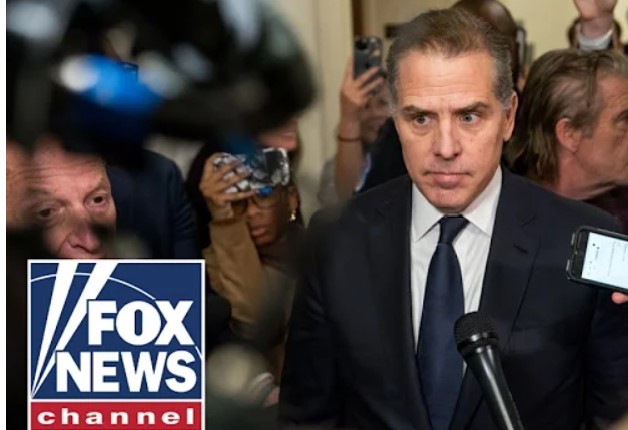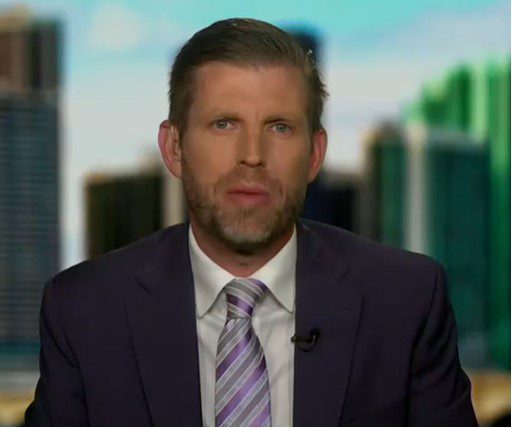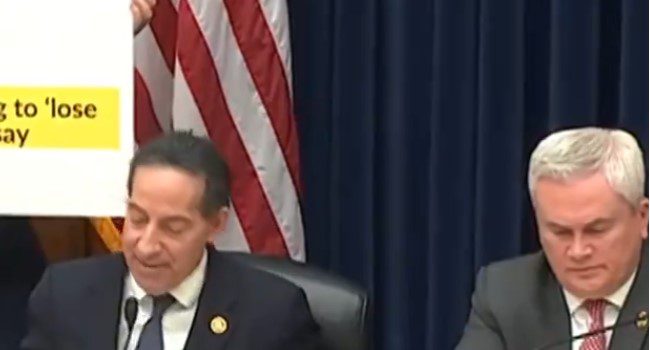Analysis of Trump’s Bloodbath Comment
Republicans have called for a deeper understanding of Trump’s controversial “bloodbath” comments, prompting the Biden campaign to provide the necessary context. By highlighting key events from Trump’s past, the Biden campaign aimed to shed light on the underlying message behind his inflammatory rhetoric.
Contextual Background
- During his 2016 campaign, Trump encouraged violence against protesters, offering to cover legal expenses for supporters who engaged in such behavior.
- Trump’s response to the Charlottesville riots, where white nationalists clashed with counter-protesters, showcased his reluctance to denounce extremist ideologies.
- At various instances, Trump has expressed admiration for individuals who resorted to violent actions, further blurring the lines between politics and aggression.
Pattern of Incendiary Remarks
Trump’s history of endorsing or inciting violence is evident through his rhetoric towards dissenting voices, marginalized groups, and political rivals. By refusing to disavow extremist behavior and promoting authoritarian tendencies, Trump has cultivated a divisive and confrontational political environment.
In light of recent statements at rallies and public appearances, where Trump hinted at potential upheaval and chaos if his electoral goals were not met, the concern over his intentions and impact on national stability has only intensified.
Debunking Misinterpretations
Despite efforts by some to attribute Trump’s “bloodbath” reference to the auto industry, the broader context of his remarks suggests a recurring theme of aggression, intimidation, and defiance towards democratic norms. The attempt to downplay the gravity of his language falls short in light of his consistent track record of endorsing aggressive tactics and divisive rhetoric.
President Biden’s campaign ad effectively leveraged this historical context to portray Trump as a destabilizing force in American politics, emphasizing the need for accountability and clarity in assessing his impact on democratic principles and national unity.
The implications of Trump’s rhetoric extend far beyond mere political posturing, raising fundamental questions about the boundaries of acceptable discourse and the responsibilities of public figures in safeguarding civic harmony and democratic values.
The urgency of addressing and confronting such inflammatory language underscores the complexity of contemporary political discourse and the imperative of fostering constructive dialogue grounded in respect, tolerance, and shared democratic ideals.
Image/Photo credit: source url





